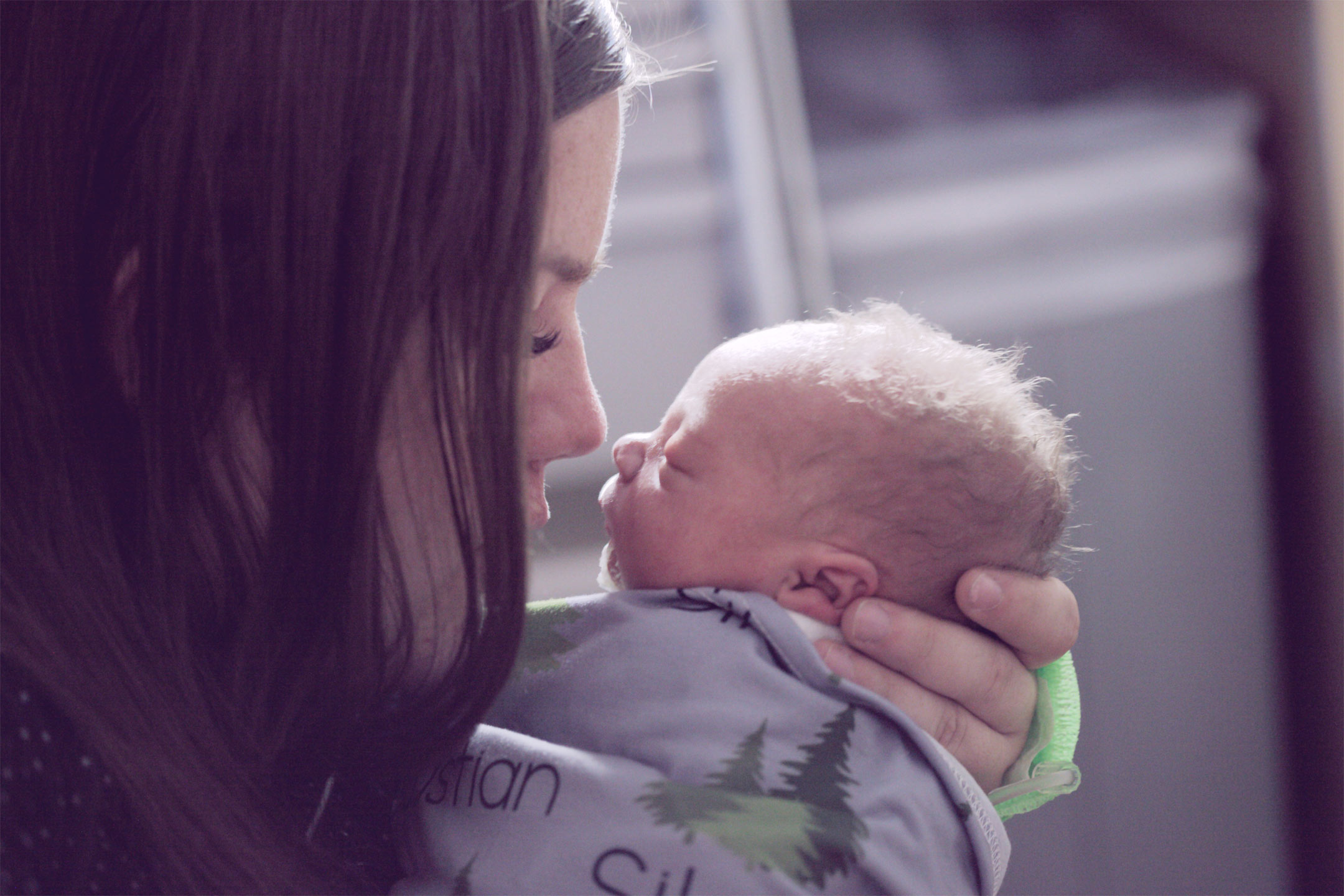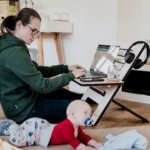
16 Jul New Framework Centres Childbirth Coping Strategies on Women
A new framework by La Trobe University’s Judith Lumley Centre aims to empower childbirth experiences by aligning coping strategies with women’s preferences and values. This initiative follows concerns about birth trauma highlighted in the New South Wales Parliamentary Inquiry into Birth Trauma.
The research, led by Dr. Laura Whitburn, Dr. Lester Jones, and Janine Shifman, proposes reclassifying coping strategies into ‘intrinsic’ and ‘extrinsic’ categories. Intrinsic strategies are self-generated by women, while extrinsic strategies require external assistance. This shift moves away from the traditional focus on pharmacological solutions.
“The current framing assumes pharmacology is the main solution for coping,” Dr. Whitburn stated. “While important for some, focusing on intrinsic and extrinsic strategies emphasizes women’s autonomy.”
A survey of 56 first-time mothers at Mercy Hospital for Women identified key factors for managing labor pain: viewing it as productive, feeling safe and supported, and preparing various coping strategies. Pain relief was not a top priority. Instead, women valued support, safety, positive thinking, and preparedness.
Common intrinsic strategies included breathing techniques, positive mindset, and movement. One participant noted, “Thinking positively, remembering we are not alone, excitement of meeting my baby.” Another emphasized, “Mindset, staying calm, understanding it’s a natural process.”
Extrinsic strategies included using a bath or shower, TENS machine, and physical contact from support persons. “Relying on my partner and knowing he will speak for me if I can’t cope well,” shared one participant.
All women planned to use both intrinsic and extrinsic strategies, recognizing that coping with labor involves self-trust and external support. “The intention is not to stigmatize pharmacological options but to present them as part of a suite of extrinsic options,” Janine Shifman explained.
Reframing these strategies encourages healthcare providers to prioritize women’s autonomy and enhance their birthing experience. Janine added, “We hope this changes the conversation from ‘you’re not coping, let me take over’ to ‘you’re not coping, let’s support you to get back on track.’”
This approach aims to create more empowering and personalized childbirth experiences by centring on women’s needs and preferences.




